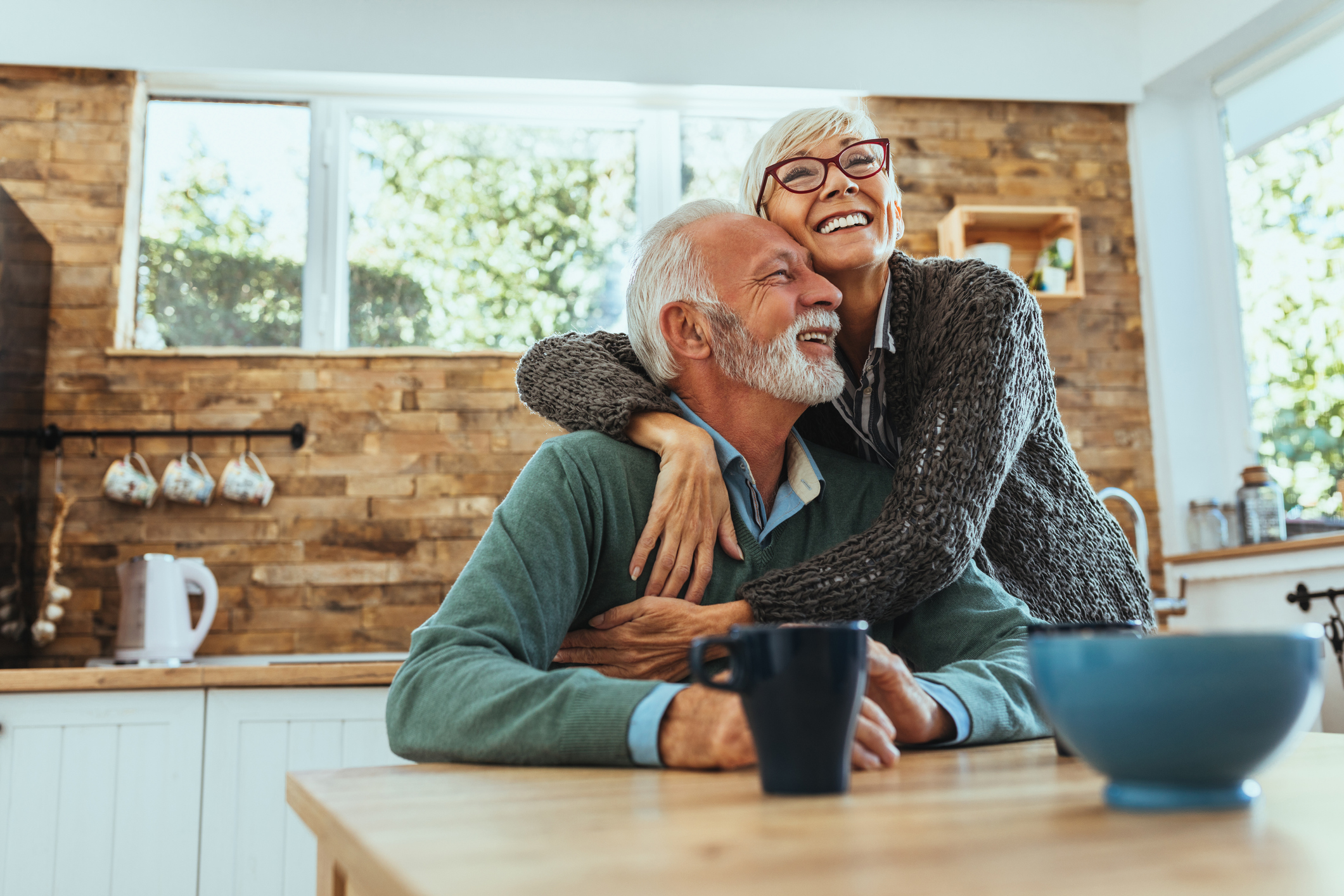Aging gracefully can mean vastly different things among older adults; for some, it’s accepting the wrinkles and silver strands and for others who have always enjoyed the rituals of skin care, salon appointments and fashionable clothing, it’s continuing to practice self-care. And just as there are many ways for the young to interpret fashion and style, older men and women can still enjoy and take pleasure from putting a little effort into their appearance. It might even help seniors feel more relevant and independent, improving self-esteem.
Style has no age limit and one of the significant benefits of getting older is a clear sense of self. By middle to older age, people generally know who they are and care less about what other’s think. This freedom allows older people to embrace their own sense of style and whether rocking a trademark red lipstick or well-groomed silver beard, research has found that positive associations with old age can lead to improved health, wellness and longevity. Even elderly patients with dementia can benefit from continuing self-care routines they have practiced their entire lives.
Author and Geriatric Psychiatrist, Marc E. Agronin, writes about the perceptions surrounding aging in his book, The End of Old Age; Living a Longer, More Purposeful Life. Finding pleasure in life, even though the body is aging, can have a dramatic effect on well-being. Older adults who still take care of their appearance, even getting a little help from a plastic surgeon, and who stay engaged socially are by far happier and healthier.
Diet and exercise are certainly important factors in living a longer, healthier life but doing the things that bring joy make greater longevity something to look forward to rather than dread. Continue to dance, create art, attend concerts or plays and by all means, if an on-trend new jacket or pair of shoes catches your eye, go for it!
“Life is short. Take the trip. Buy the shoes. Eat the cake.” Meghan March






Add Your Voice
0 Comments
Join the Discussion